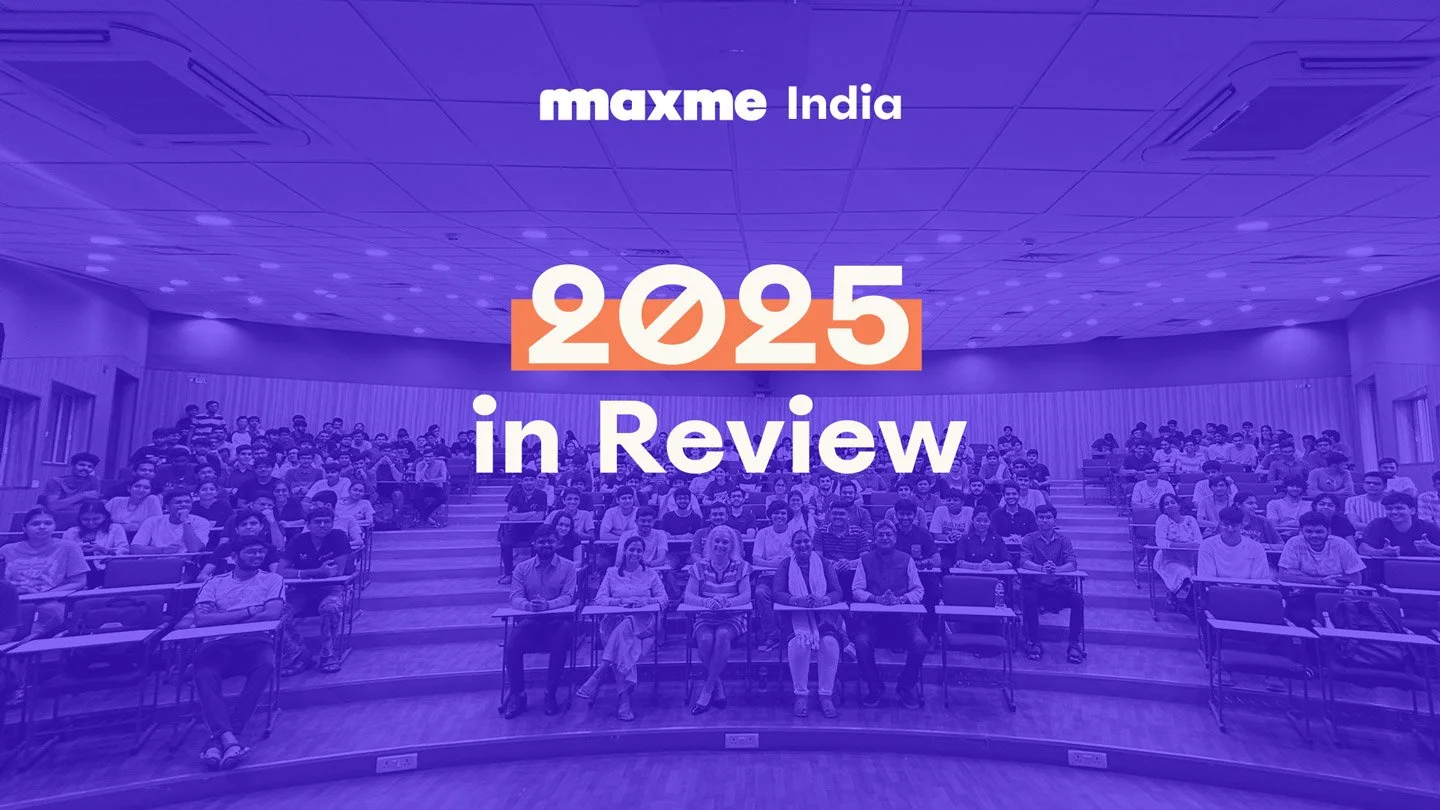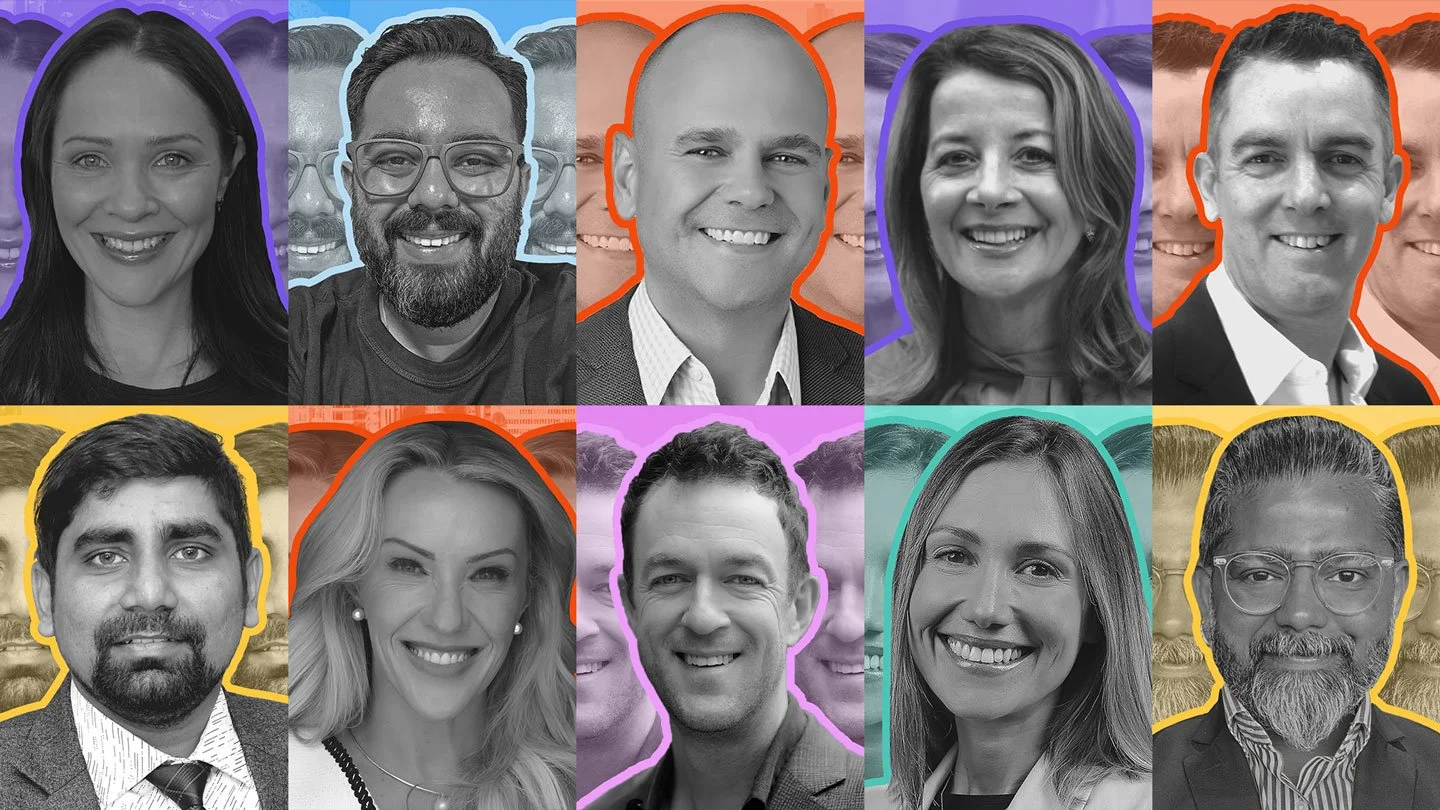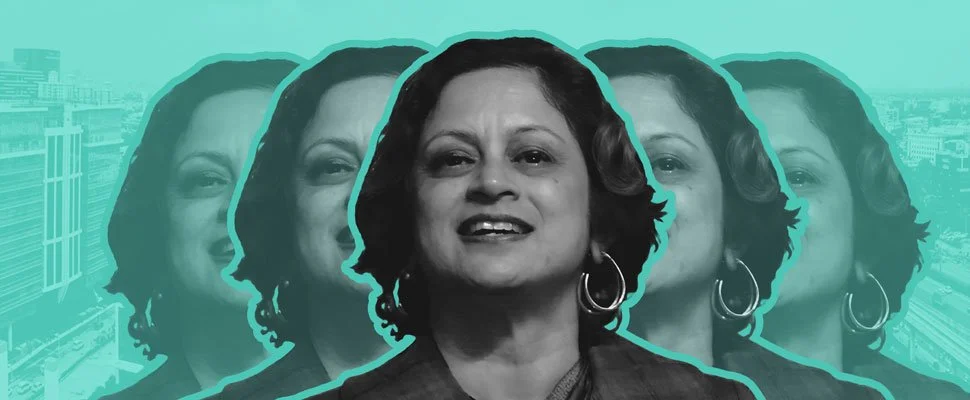Human on the Inside with The Demographic Group's Simon Kuestenmacher
Maxme: We’re big believers in the power of human skills. But don’t just take our word for it - the evidence for excellence powered by human (‘soft’) skills are everywhere! In this engaging, ever-enlightening series, we speak with industry leaders, innovators, and game-changers to learn a little about their personal career journeys, and how human-led strategies, philosophies, and cultures are proving a force for good in their working worlds …
Welcome Simon, and thanks for stepping into the #SuccessIsHuman Spotlight!
You’re an urban geographer and demographer at The Demographics Group, based in Melbourne with national & international reach.
In 1 sentence (ok, we’ll give you 3), what does your job/work entail?
Simon Kuestenmacher: I spend my days researching demographic trends and thinking through how these trends will impact different industries, regions, and customer groups. This means lots of data work, endless reading of reports and books, and talking to people from all walks of life to gain an understanding about what things are like “on the ground”.
The outcome of my efforts are keynote presentations at conferences, workshops, podcasts, TV interviews, newspaper columns, and reports for our consulting clients.
M: Alongside your work as Co-Founder and Director at The Demographics Group (TDG), you’re a columnist for The New Daily and The Australian, and boast a cult following on Twitter (235k followers). Prior to TDG, you spent four years with KPMG Australia and were a fellow at the Centre for Sustainability Leadership.
How does all this work speak to your personal purpose and what drives you as an individual?
SK: I’m privileged as my work and personal interests overlap very closely. I consider my job to be meaningful, which makes long working days and lots of business travel very easy to stomach.
The modern obsession with purposeful work also has a dark side though. We can't possibly align the 13 million jobs in the Australian economy with the individual passions and meanings of 13 million workers. Most workers will find themselves in jobs they won’t be considering to be inherently purposeful. As a consequence, millions of workers are unsatisfied with their work because work tasks and personal interests don’t overlap sufficiently. The obsession with work having to provide the meaning in an individual’s life hopefully subsides a bit once they reach the family formation stage of the life cycle, when taking care of the kids takes precedence over work needing to be meaningful.
M: Tell us a little about your personal education pathway/s - what led you to where you are now? How closely do your formal qualifications match your current career?
SK: My path into demographics wasn't as straightforward as my qualifications in geography, a subject that is closely related to demographics, might suggest. I started my career as a data analyst in a small employment agency and was over the moon when I stumbled across KPMG Demographics. I just didn't know that a career in demographics was even possible. My formal geographic and cartographic skills come in handy every day. My work requires me to constantly present information to audiences, so maybe the most valuable training I received during my schooling was theatre. Acting took away all fear of being on stage, of being on camera.
I would encourage every young person to take on theatre in high school or university. Almost all jobs these days require people to present their ideas, concepts, sales pitches, quotes to clients and colleagues. Having had at least some training in public speaking will be most helpful in any career.
M: If you could share one piece of career advice to your 21-year-old self it would be ...
Don’t obsess too much about your university degree or first few jobs aligning with your values. Employers want switched on, hard working staff that are committed to learning and self-improvement. The bit of formal knowledge that you acquire during uni isn’t nearly as important as the intellectual framework you build during these years. Biologists, economists, geographers, historians all learn the scientific method and structured thinking. These are the true crucial skills that will get you ahead.
I would also remind my 21 year old self to listen to my mother (as I actually have) and continue reading as much as humanly possible. I always managed to read at least one book per week (audiobooks also count). Once our firstborn entered the picture this dropped to one book per fortnight. If you read at the pace of one book per week you will have read 1000 books in less than two decades. Armed with the knowledge of 1000 books you will surely be able to handle complexity better than someone who barely reads at all.
M: Maximising the potential of individuals, communities, and businesses through the power of human skills is the reason Maxme exists. Can you tell us a little about the role and/or value of human skills in the work/workplaces you're involved with right now?
SK: My job is to acquire as much demographic knowledge as possible and then apply it to the industry or business I’m working with. This requires me to put myself into the shoes of my audience, of my clients, of my readership. I'm presenting material in a different way when I'm speaking to a general audience at a conference, or a high-powered boardroom. My language, my storytelling, my vocabulary is different based on who I find myself talking to.
M: Self Awareness sets the critical foundation for all Maxme learning experiences. With that said … what’s your strongest trait/personal superpower?
SK: I’m good at condensing a lot of information into clear narratives and visuals that are easy to understand. Presenting these narratives in friendly, engaging ways is ultimately what pays my bills!
M: And on the flip side, what’s one human/‘soft’ skill you’ve had to really work on improving over the course of your career?
SK: Getting help. It dawned on me one day that as a consultant I’d better be open to being consulted. Proactively seeking out help and advice doesn’t come naturally to me. My instinct is to solve all issues myself. That’s a great approach if you want to slowly burn out. I schedule things in my calendar like “reach out to [person] about [topic]”. If yesterday’s me put it in the calendar, today’s me follows through!
M: If you could share one piece of career advice with tertiary graduates, or other individuals keen to venture into the world of demographics, or join a company like The Demographics Group, what would it be?
SK: To get started in demographics you will want to spend a lot of time working directly with data. In parallel, you’ll want to read a lot about the subject, study maps, charts and put your thoughts into writing. The single best way to sharpen your thinking is to force yourself to put your thoughts into words. This can easily be done by posting on LinkedIn, Twitter, or Reddit. The audience will let you know if you have something of interest to share.
The best general career advice for anyone going into consulting would be to learn MS Excel really well - this will be our launchpad skill. Add basic programming skills as required on top. Just looking at data isn’t enough though, you must speak to people in different industries and you must read a lot.
M: You’ve been granted approval to add one University graduate to your team, but have 100 applicants, all with outstanding academic results. How do you find your perfect candidate - what are you looking for?
SK: The last time we looked for a new data analyst, we received exactly 99 applications. About 90 were completely useless. These were applications that were copy-pasted, that were clearly not specifically targeted at the job. If you don't spend two full days writing and researching an application, do not apply. People can tell how much effort you put in. A job application is not about the job seeker, but always about the company. It’s easy to stand out. Create a simple website showcasing your skills. A few work samples suffice, bonus points for a little written piece that showcases the level of complexity that you can handle intellectually.
Early in your career don’t worry about overselling little achievements (school captain, sport team, volunteering) as employers just want you to be intellectually capable, and motivated. Always remember that a lack of enthusiasm in job interviews is often quoted as the most common reason why candidates weren’t chosen. Tell a story of why you want this job. Don’t be afraid to sound overly enthusiastic and optimistic.
M: In the words of John Dewey, “education is not preparation for life, education is life itself.” What’s next on your #learning agenda?
SK: I’m teaching myself how to use TikTok at the moment. The time people spend on the platform is through the roof and I am keen to figure out how my storytelling ability translates into 30 second video snippets. It’s a weird platform that didn’t make immediate sense to me. A great exercise in keeping up with the times!









